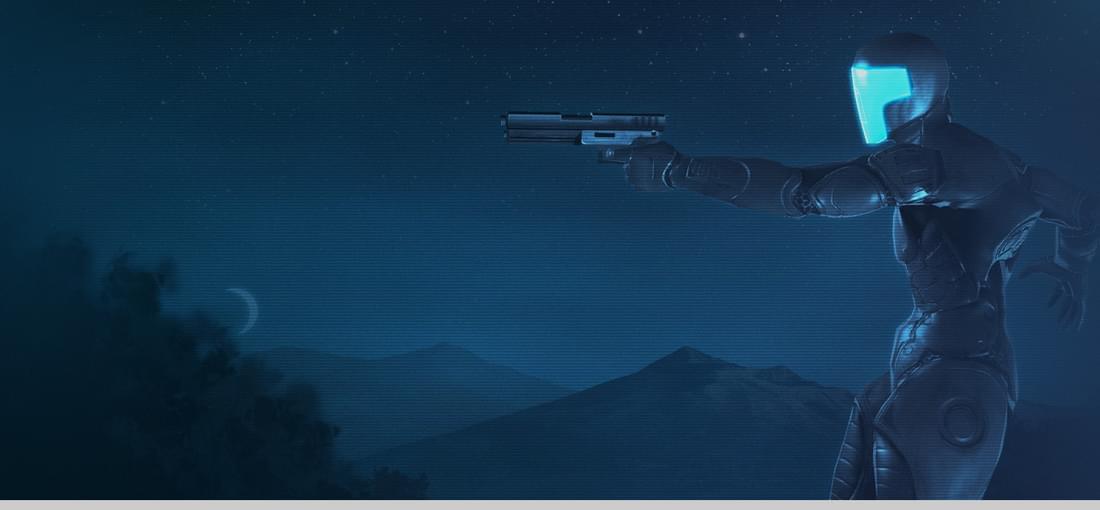


I agree with every negative point brought up in the other reviews, but I still basically recommend this game. The gameplay is very flawed and a lot about the game's design is clumsy, but never in a way that's obnoxious or detracts from the enjoyable stuff, which is the atmosphere and the story. First off: this is an adventure game. The genres here list "action", and the screenshots might make it look like an action platformer, but this is a pure adventure game. There's shooting in it, but it acts more like a minigame than actual action gameplay. Furthermore, the puzzles in this adventure game are so easy that the game is almost verging towards being a walking simulator. Actually, some of the puzzles are a bit moon-logicky, but the game world is so small that you can always get through them by just using everything on everything. Really you're here for the atmosphere and the fully voice-acted story. If you like a strong story with very light gameplay, you might enjoy this. Other people are complaining the game is short or doesn't have a complete story. I don't see the problem. I couldn't finish this game in one sitting (I finished it in two days), and I feel like the game has a self-contained story. It technically ends on a cliff-hanger, but you get closure on the important stuff, and I don't feel the need to play the sequel to feel like I got a complete story. Some people are complaining about the controls. The controls are definitely a little over-complicated (why do I have to switch the between "walk around", "interact", and "shoot" modes when interacting and shooting are already two different buttons? And how come the controls to switch between those modes are spread across two different buttons on the controller?), but at least with a controller it's not a problem, just a little baffling. There is a pretty inexcusable bug in the Linux version: if you unplug and reconnect a controller during gameplay, the game instantly crashes to desktop.

Disclosure: I got the game on sale for a euro fifty. You have access to a database of clips of police interviews. All you can do is do text-searches on the video transcripts to find more. The whole game is watching the clips, and typing stuff into the search box. The goal is simple: find out what happened. At first I was frustrated with the limitations. All I wanted to do was watch the clips in chronological order, which is where I felt I would start if I was in this situation in real life. But after 10 minutes I realized that this *was* the game. It's a game mechanic. Complaining about it would be like complaining that it's unrealistic your pawns can't walk backwards in chess. Games have rules because rules are necessary in creating a puzzle or a challenge. A big design problem that mystery-solving games have to come to terms with is: how do we verify that the player solved the mystery? Giving them a multiple-choice quiz is a problem, because then the answer is right there on screen and you might give it away. Her Story's solution to that design problem is simple: why do we need to verify the player figured it out at all? The game ends when you feel satisfied you've answered all of your questions. There's really no "You won!" screen. Thankfully, the game is written in such a way that when you do solve the mystery, you'll know you solved it. Once you dig deep enough, everything is laid out unambiguously, so you don't feel unsatisfied. I don't know if you can say the game has puzzles in it, though. I did *feel* like I was solving a mystery, but objectively, I was probably mostly just watching a clip, hearing a name or reference to something, searching for that term, and watching the next clip. Sometimes guessing with catch-all words like "detective" or "corpse". I played this game with my girlfriend, and sometimes one of us would get a clue that the other didn't. So there's clearly some thinking involved. But I felt engaged, and maybe that's all that matters.